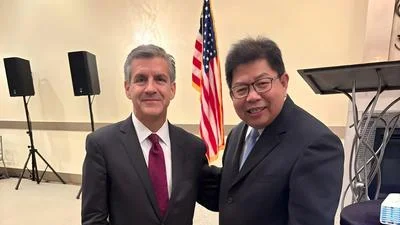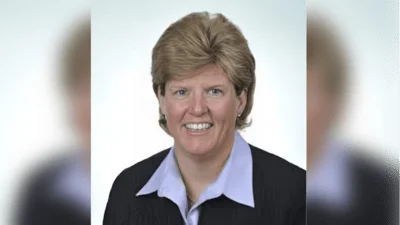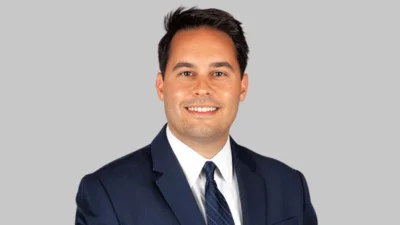Springfield, Illinois | By Éovart Caçeir at English Wikipedia, CC BY-SA 3.0, https://commons.wikimedia.org/w/index.php?curid=10535377
Springfield, Illinois | By Éovart Caçeir at English Wikipedia, CC BY-SA 3.0, https://commons.wikimedia.org/w/index.php?curid=10535377
Raquel Mitchell isn’t willing to compromise her principles in the debate over opposition by township governments to a property tax freeze proposal that surfaced in Springfield.
“The first concern of any elected official should be taxpayer,” Mitchell, a Wheatland Township trustee, told the DuPage Policy Journal. “It has been argued that much of what a township does is duplicative. That's somewhat true. However, in those unincorporated areas, township services are essential. Of all the various units of government the township should be last on the chopping block.”
In its current, House-amended form, Senate Bill 851 would establish a two-year property tax freeze for Cook, Lake, McHenry, Kane, DuPage and Will counties. Passage of the bill would mandate that those counties are only allowed to increase property taxes with voter approval.

Raquel Mitchell
Under the proposal, all other counties would be subject to referendums asking whether a property tax freeze should be imposed for 2018 and 2019 or that all governments within a county jurisdiction be subject to a property tax freeze over that period and to the Property Tax Extension Limitation Law for levy year 2020 and the foreseeable future.
The legislation was not brought up for a vote in the Senate before the veto session ended.
“Each township has different needs,” Mitchell said. “Assemble a cross section of township officials so the pros and cons can be clearly understood by both parties allowing them to be a part of the process.”
Regarding SB851, Bryan Smith, the executive director of the Township Officials of Illinois, had sent a legislative alert to township officials asking them to urge their state lawmakers to oppose the measure.
Mitchell said voters should also be concerned because, at the end of the day, it’s their hard-earned money that’s being used for funding.
“Less disposable income limits economic growth in a community,” she said. “Those dollars belong to the taxpayers and they should keep as much money in their pockets as possible. Townships may have to learn how to do more with less by reviewing which services are truly essential.”
.jpeg)





 Alerts Sign-up
Alerts Sign-up